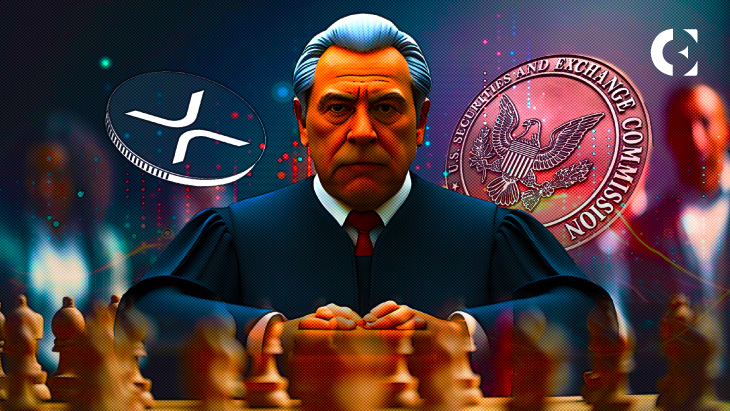- FOX journalist’s tweet on the SEC vs. Ripple XRP ruling ignites Twitter debate.
- Top crypto figures clarify XRP secondary sales.
- John Deaton absolves the judge, citing Congress and SEC for inconsistencies.
The recent SEC vs. Ripple XRP ruling continues to stir discussions among experts in the crypto community. Charles Gasparino, FOX Business Senior Correspondent, sparked a Twitter debate when he suggested that the ruling was not Judge Torres’ first “trip to crazy town.”
Prominent crypto figures, including John Deaton, Bill Morgan, and Dave Weisberger, CEO of CoinRoutes, contested Gasparino’s legal analysis.
Weisberger contended that while XRP used to fund Ripple directly could be considered an investment contract, secondary trades on anonymous exchanges could not. He likened the latter to sales of oranges rather than the entire groves under Howey.
Joining the conversation, pro-XRP lawyer John Deaton offered an insightful response, acknowledging that applying Howey factors in the ruling may yield inconsistencies with policy considerations of the 1934 Securities Act, particularly concerning hedge fund investors versus retail investors.
According to Deaton, using a 1946 legal test in the context of modern-day blockchain technology creates complexities in applying securities laws. The pro-XRP lawyer highlighted the need for legislative reforms to address the unique challenges posed by the crypto industry.
Consequently, Deaton absolved Judge Torres of blame, asserting that the fault lies with Congress and the Securities and Exchange Commission (SEC).
Fellow pro-XRP lawyer Bill Morgan supported Deaton’s perspective, emphasizing the relevance of his insights, which SEC supporters seemed to overlook. Morgan argued that presenting a broad case involving an eight-year offering without distinguishing between different sales types is expected to lead to unexpected outcomes, as in the SEC vs. Ripple case.
The US court recently ruled in favor of Ripple that XRP is not a security, with proponents of the US regulator arguing the judge erred in the decision.
Disclaimer: The information presented in this article is for informational and educational purposes only. The article does not constitute financial advice or advice of any kind. Coin Edition is not responsible for any losses incurred as a result of the utilization of content, products, or services mentioned. Readers are advised to exercise caution before taking any action related to the company.







